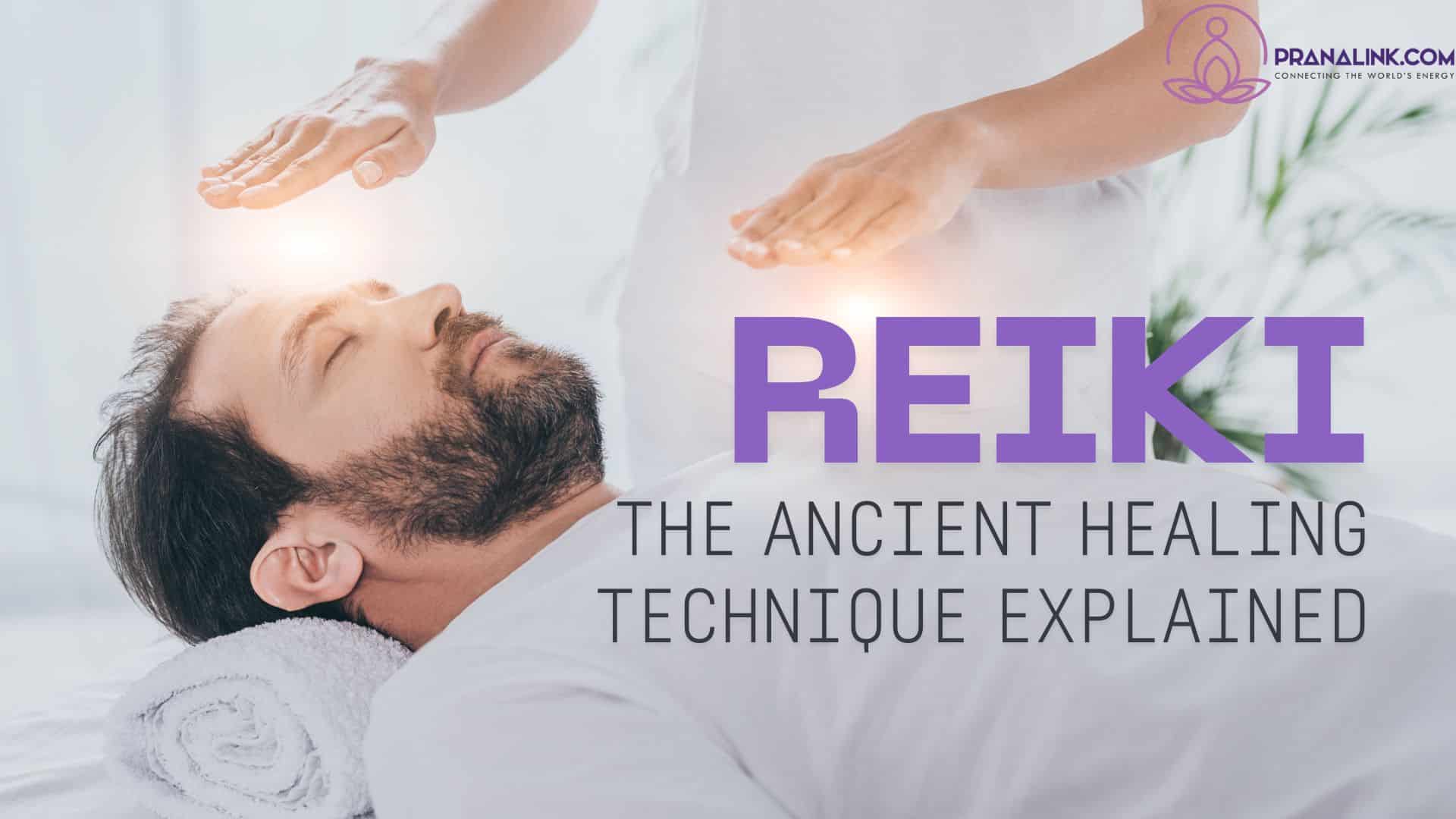Reiki: The Ancient Healing Technique Explained Leave a comment
The existence of alternative healing techniques has become extremely popular over the last few years as individuals seek holistic health. An example of such practices is Reiki, a Japanese healing method that is older than a century, but contains elements of even more ancient spiritual practices. Known to deal with energy flow, Reiki is used as a way to restore the body, mind, and spirit to enhance balance. So what is Reiki exactly, what it does, and why do so many people claim it to be beneficial? Let us go right into this ancient medical practice.
Reiki is Japanese and is a combination of two words:
“Rei” meaning universal or spiritual
“Ki” meaning life energy
Collectively, Reiki can be translated to mean universal life energy. It is founded on the outlook that all living creatures possess life energy that runs through them, and when this energy is blocked or unbalanced, it results in stress, disease, or emotional distress. Reiki practitioners work by placing their hands gently to transfer this energy to assist clients in achieving a state of relaxation, healing, and harmony.
Roots of Reiki
Reiki originated in the early 20th century by Mikao Usui, who was a Buddhist monk in Japan. Touched by centuries-old beliefs and spiritual traditions, Usui discovered Reiki as a means of allowing people to be back in touch with their life energy. His approach gave importance to practical healing, meditation, and a dedication to compassion and self-improvement. The concept of Reiki then travelled the world, incorporating itself into locally rooted practices but never losing the essence to transfer universal energy into good health.
What is the Mechanism of Reiki?
Reiki is based on the knowledge that within the body, energy flows in the same manner as electricity does in wires. A qualified Reiki practitioner serves in a conduit capacity, through which healing energy flows through the practitioner/s hands into the body of the recipient.
The work of a typical session is as follows:
1. The client is fully dressed on a treatment table.
2. The practitioner simply rests or floats his/her hands over certain parts of the body.
3. The energy passes and aids in breaking up obstructions to balance.
The experience is described by many people as deeply relaxing, and some feel warmth, tingling, or a general sense of calmness. Although Reiki is not a medical practice, people use it in combination with other care models.
The advantages of Reiki
Reiki has numerous benefits. There has long been scientific research going on, and it has been reported to bring great results, with countless individuals reporting the experience. Some of the best-known advantages are:
Reducing tension and relaxation -Reiki induces a state of relaxation, encouraging your body to heal itself.
Healing on an emotional level can help to decrease anxiety, depression, and emotional trauma.
Skin pain – Reiki is used to treat many chronic pains or discomforts.
Better sleep – There are positive results of the client achieving a deeper and more restful sleep after the sessions.
Spiritual bonding boosted- The Reiki will give you a deeper spiritual relationship and a sense of purpose.
This gives utility to Reiki in wellness centers, hospitals, and even hospice care center settings across the world.
Is Reiki Suited to You?
Reiki is safe, gentle, and non-invasive, and can be used on anyone of any age, including children, seniors, and pets too. Be it a battle with stress or a desire to gain emotional clarity, or simply to round out your overall well-being, Reiki is something that may prove to be an asset to your self-care regimen.
It should be borne in mind that Reiki is not a panacea. Rather, it is not well-suited as a sole practice but as an additional practice to go along with proper medical care and healthy living habits.
Conclusion
Reflectively, Reiki is not only a method of healing but an approach of balance, empathy, and connection to universal energy. Based on traditions in Japan but welcomed all over the globe, Reiki has been expanding as a means of holistic health. Curious about energy healing or how to take better care of your health? Reiki provides a soft but powerful way to bring harmony to body, mind, and spirit.
FAQs
1. What is the number of Reiki sessions required to notice the results?
This depends on a person; however, in most cases, people start to feel its effects as soon as they have a single session. A series of sessions can offer longer-lasting, deeper effects.
2. Is Reiki an alternative to Atlanta medical treatment?
No, Reiki is a complementary therapy that should be used to accompany healing processes with conventional medicine and not as an alternative to it.
3. Is Reiki a religion?
No. Although it has spiritual origins, Reiki does not depend on any particular religion; thus, it can be used by anyone expressing any belief.
4. Is self-healing attainable through Reiki knowledge?
Yes. Reiki training courses exist, where one may learn to apply Reiki upon oneself and also to others.
5. Does Reiki have any side effects?
Reiki is non-invasive and considered safe. There can be some slight emotional release in people, but it is not long-lasting and is part of a healing process.


